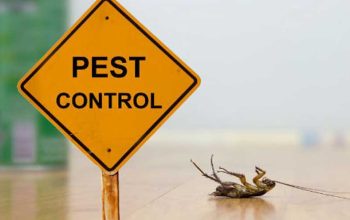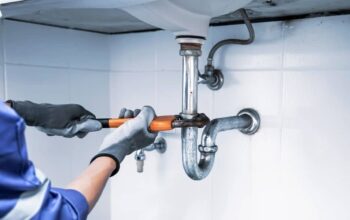Adding even a couple of upkeep steps to your normal routine can help keep your plumbing operating more efficiently and help to considerably improve its durability, allowing you to save cash as well as lower your anxiety levels over time and hiring licensed technicians for plumbing.
- Take Normal Actions to Stop Blockages
While they might feel like a small nuisance, obstructions can trigger serious problems in time, harming your pipes and making it more challenging to use your sinks or showers. The good news is, reliable clog prevention can be as basic as:
- Viewing what you take down your kitchen area sink. Stay clear of unloading coffee premises, oil, as well as various other typical clog culprits down the drain.
- Saving trash for the trash bin, instead of the toilet. Regularly purging foreign things down the commode can result in obstructions and other major concerns with time.
- Including an obstruction catcher to your drains. There are lots of dimensions as well as designs out there, consisting of easy-to-clean mesh sieves.
- Missing the garbage disposal. Starchy, fibrous, and stringy foods are challenging to grind and can block your disposal gradually.
- Cleaning your drains. Maintain the drain pipes in your bathroom and shower clean as well as free from debris, soap residue, and other possible sources of blockages.
- Don’t Neglect Minor Issues or Concerns
With plumbing, it can be easy to take an “unseen, out of mind” strategy. That is to claim that lots of property owners try to avoid making little maintenance and protection for as long as feasible. At some point, however, that little indication can become major disasters.
Some typical points to look at as well as pay attention to consist of:
-
- Running commodes and dripping taps. Collectively, these minor plumbing inconveniences can throw away thousands of gallons of water per year, which can seriously drive up your energy costs.
- Damp places, dark places, mold, and mildew, or “damp” smells. Examine your attic, cellar, and any areas where pipelines have a tendency to run, such as under the sink in your shower room or cooking area.
- Ill-fitting or old pipelines to your washing machine or dishwasher. These can easily use down as well as ruptured and must be examined, as well as possible replaced on a regular basis.
- Water appearing of tap valves or takes care of, or trickling from pipe installations.
- Noticeable corrosion, mildew, rust, or wear on pipelines, installations, as well as shutoffs.
- Rattling, gurgling, banging or hissing from pipes. Odd sounds could be a sign of a problem, from loose fittings to significant obstructions.





